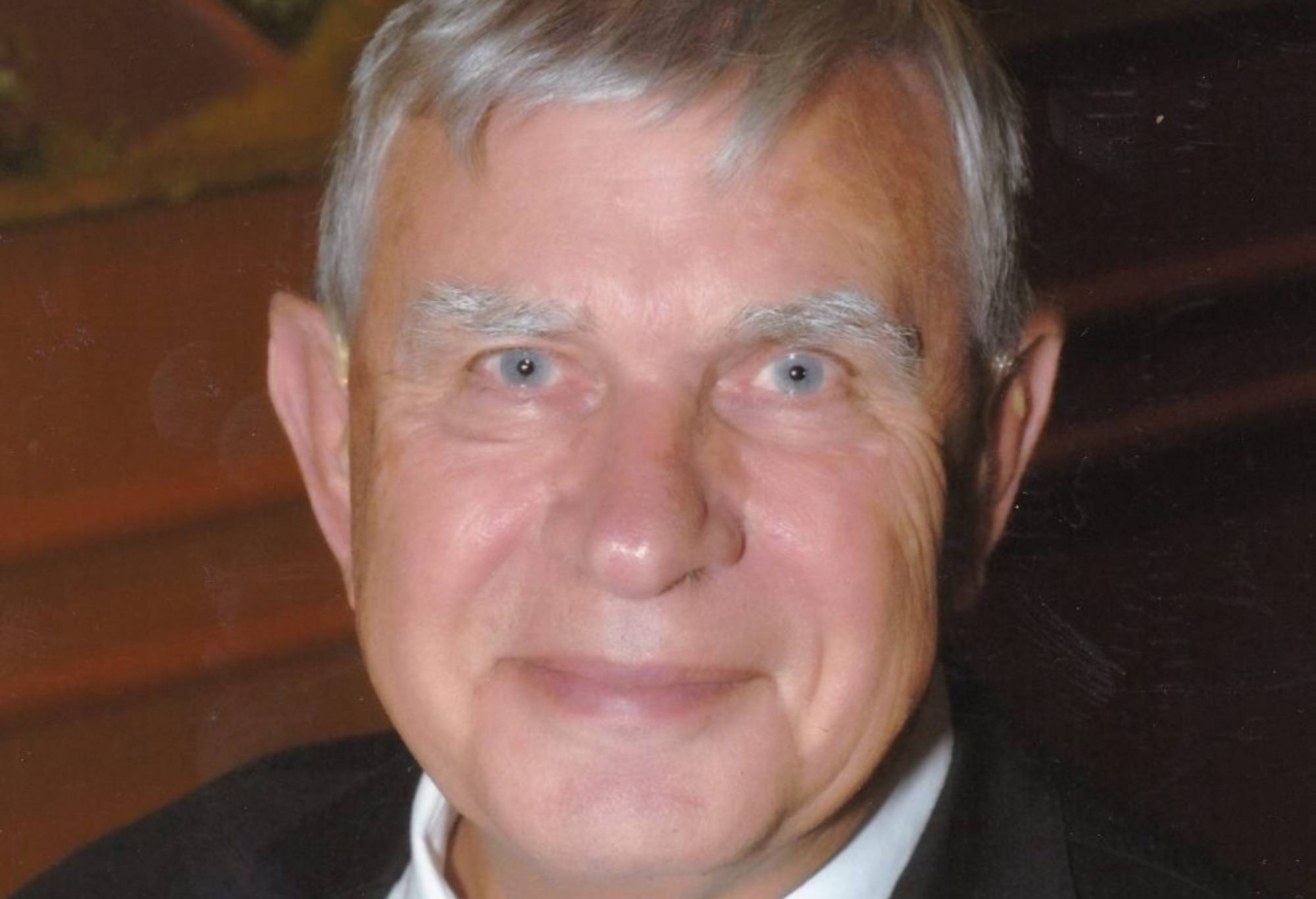Harry Kimble had a thing for hats. He wore more than a few during his time in rugby as a ball boy, player, ref, golden oldie, treasurer, videographer, rugby writer and historian. Some of them were even actual headwear sporting the crest of his beloved West Harbour Pirates, the Sydney club that was his touchstone in a fascinating, globetrotting rugby life.
Harry, a regular contributor to The Roar, died last year, close to 70 years after he debuted as a ball boy at Concord Oval in 1952, the ground his own father had played on in the 1930s. A product of Sydney’s then unfashionable inner west, Harry’s beginnings would later exert a profound influence over his life.
As a speedy but slight hooker, he loved the game without aspiring to higher honours. After starting his rugby career with West Harbour (then known as Western Suburbs), he went on to play for clubs across Sydney, from Mosman to Nepean and Port Hacking to Greystanes.
At the latter, he also refereed junior matches – with complaints and insults from the crowd falling on deaf ears – quite literally, as his widow Ronda recalls.
“I remember going to watch him referee once and getting quite upset at hearing what people were saying about him,” she says. “But Harry was deaf and, luckily, he’d taken his hearing aids out before the game!”
Later, after reconnecting with the club of his youth, he discovered the appeal of international rugby touring – sparked by a golden oldies trip to Europe in 1985 for Wests’ Black Knights.
While the rugby was great, the tour also saw Harry make a pilgrimage to rugby’s birthplace, Rugby School in the English Midlands. Suddenly, there was a whole world of rugby to digest and, while his playing days might have been drawing to a close, Harry seized upon a new way to enjoy and serve the game – by writing about it for rugby magazines – and later websites including The Roar.
By 1990, Harry was in Hong Kong to see Campo and others putting on a show in the annual seven-a-side tournament, this time with accreditation as a freelance reporter for a rugby magazine.
A couple of years later, he made his first trip to South Africa to report on the Springboks’ first Test following the country’s long isolation during the apartheid era. But, if Hong Kong had been a wild party, South Africa was memorable for darker reasons.

Harry Kimble (Photo: Supplied).
“Harry was on a train platform, travelling to a local game in Pretoria, when he was robbed,” Ronda recalls. “They took his wallet and his watch, although Harry was more worried about losing his hearing aids. He broke a finger and, when he phoned me, it was only the second time I ever heard him cry. He flew home the next day.”
Still, the international rugby bug had bitten deep and Harry was back for more of the Hong Kong Sevens in 1993 and 1994, and then again in 2007. He also walked the rugby path less travelled, from New York to Iran as his appreciation for the game in far-flung places of the world grew.
“He wrote about women players in Afghanistan,” Ronda says. “He’d stream games between Georgia and Romania, or Spain and Portugal. Even before the internet, he’d find ways to follow the international scene, including translating Russian and Italian match reports.
“He followed the Wallabies and had a soft spot for Georgia but if you asked him who he supported, his answer was always ‘the game’.”
In between his travels – both actual and virtual – Harry continued to support the Pirates. He regularly attended home games, where he’d talk rugby with other club stalwarts such as Bob Ellis and Vili Alaalatoa (father of Wallaby tighthead Allan and Samoa captain Michael).
It’s hardly surprising that one of those West Harbour diehards would note his facility with words and – no doubt knowing of Harry’s love of a project to sink his teeth into – make a suggestion. Harry had already volunteered as the club’s video cameraman, committee member and archivist over the years. So why not write a history of West Harbour before key moments became lost in the mists of time?
The suggestion evolved into one of Harry’s greatest gifts to West Harbour and rugby – a self-published history of the Pirates between 1900 and 2011, entitled Against All Odds. An updated edition, The Caravan Moves On, was completed in 2019 to celebrate the club’s 120-year anniversary.
While the proud club has been through tough times of late, it has produced a number of Wallabies over the years, from Stan Wickham in the early 1900s to Alaalatoa more than a century later. Harry’s labour of love preserved the story of West Harbour’s triumphs and its challenges, not least those associated with being a battling club in Sydney’s western suburbs when most of the advantages are concentrated in the east.
In his foreword to the updated history, Harry wrote, “ … sometimes I wonder whether rugby officials know that the game is played west of Missenden Road.”
It is, of course, thanks to those like Harry who patiently and consistently nourish rugby’s ‘grass roots’ and all the other parts of our weird and wonderful game.
Vale, Harry Kimble.






























































































